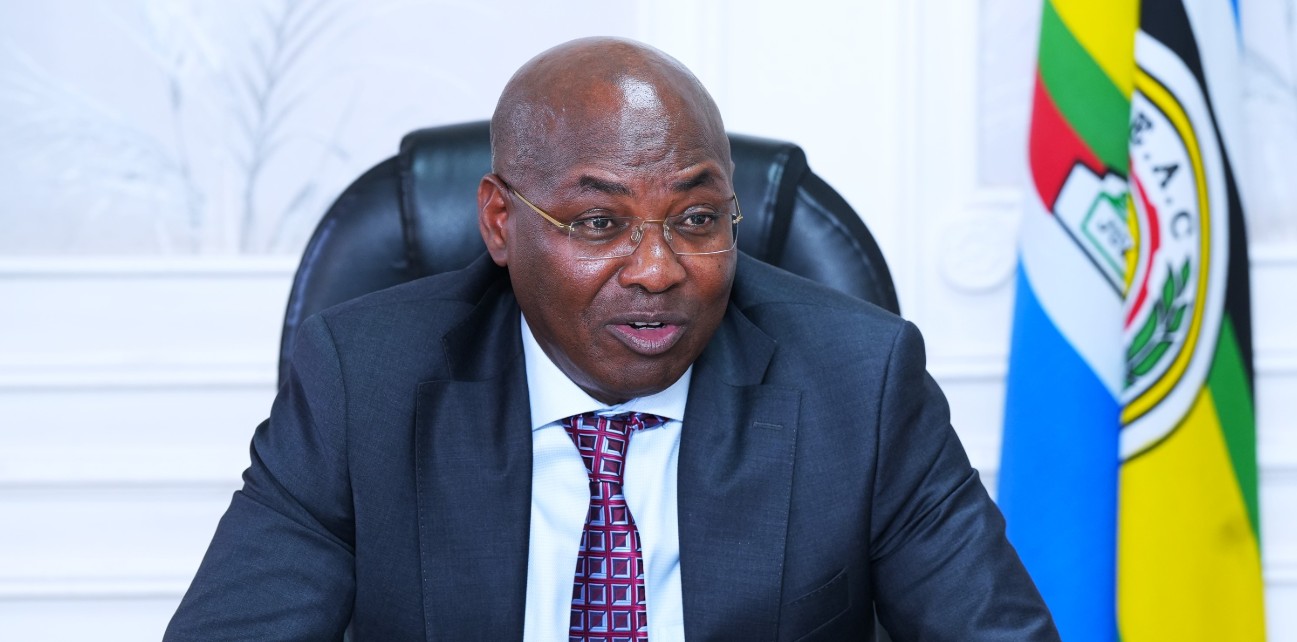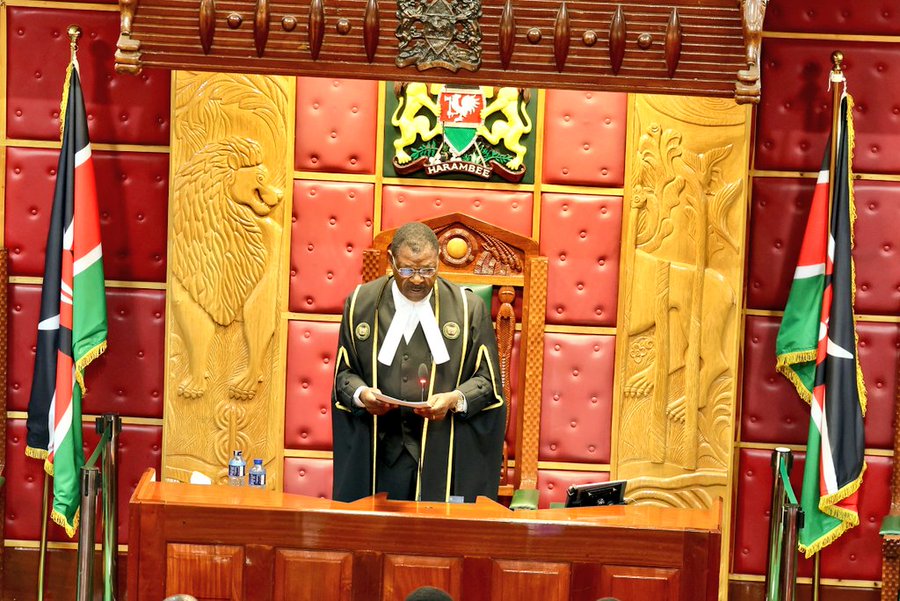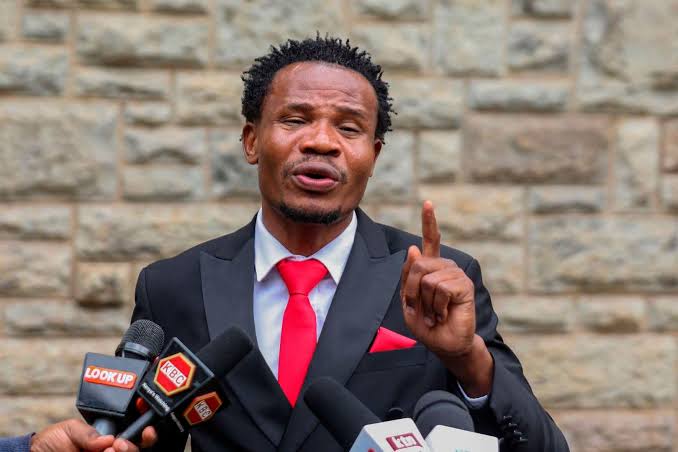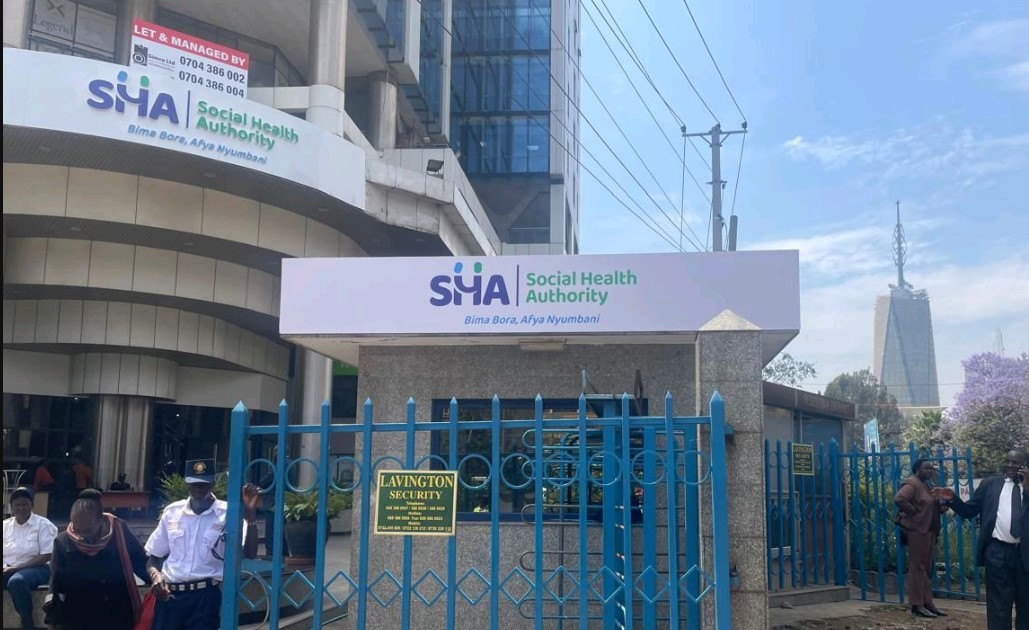Health Ministry blames Sh43 billion NHIF debt for disruption of services in public, private hospitals

The Ministry of Health has faulted a Sh43 billion debt inherited from the National Health Insurance Fund (NHIF) for the disruption of services in both public and private hospitals, forcing patients to pay out of pocket.
Medical Services Principal Secretary Harry Kimtai told the National Assembly’s Health Committee that the financial burden, owed to healthcare providers and co-insurers, was caused by delayed remittance of insurance premiums by various ministries and state agencies.
More To Read
“The delayed payments have disrupted service provision and placed pressure on both public and private health institutions relying on timely reimbursements,” Kimtai said.
The Emergency, Chronic and Critical Illness Fund under the Social Health Authority (SHA), which replaced NHIF, is yet to be fully operational. Currently, it only covers specific emergency services, including resuscitation and stabilisation for the first 24 hours.
This has raised concerns among committee members, led by Endebess MP Robert Pukose, about the viability of the fund.
The Ministry of Public Service tops the list of defaulters, with Sh15.54 billion in outstanding premiums as of January 8. It is followed by the Ministry of Health, which owes Sh8.4 billion, and the Ministry of Interior, which has Sh1.64 billion in arrears.
Under the Public Service Ministry, unpaid premiums include Sh8.14 billion for the Work Injury Benefits Act (WIBA), Sh3.93 billion for WIBA claims before April 2021, and Sh3.47 billion for medical cover.
The Ministry of Health’s arrears includes Sh4 billion for Universal Health Coverage (UHC) for indigents, Sh2.12 billion for Linda Mama, Sh1.42 billion for the Health Insurance Subsidy Programme for orphans and vulnerable children, Sh289.5 million for older persons and persons with severe disabilities, and Sh375 million for primary healthcare.
Recover outstanding debts
“SHA has been engaging the various government agencies to recover the outstanding debts owed to NHIF to facilitate payment to healthcare providers,” Kimtai told the committee.
Despite being exchequer-funded, the Emergency, Chronic and Critical Illness Fund remains partially activated due to financial constraints in the current financial year. The chronic and critical illness components of the fund, which should be available in all level 2 to 6 hospitals, are yet to be rolled out.
Pukose challenged Kimtai over a claim that Sh200 million had not been remitted to the Emergency, Chronic and Critical Illness Fund, yet total claims to the fund stood at Sh21.6 million.
“We are not agreeing with you on the total claims for the Emergency, Chronic and Critical Illness Fund,” Pukose said, demanding a detailed explanation.
Kimtai agreed to provide further clarification.
Parliament allocated Sh2 billion to the fund for the current financial year, but MPs questioned its effectiveness, as only Sh21.6 million in claims had been registered.
Concerns have also been raised over the reliability of SHA, with frequent system failures frustrating patients.
SHA, which replaced NHIF, operates three funds: the Primary Healthcare Fund, which covers outpatient services at levels 2, 3, and some 4 facilities at no cost for registered members; the Social Health Insurance Fund, financed by a 2.75 per cent contribution from employed individuals, covering treatment at levels 4, 5, and 6 hospitals; and the Emergency, Chronic and Critical Illness Fund, which caters for urgent care based on a gazetted benefits package.
Until the National Treasury releases funds to SHA, many Kenyans, especially those unable to afford expensive medical care, will continue to bear the burden of out-of-pocket healthcare expenses.
Top Stories Today















